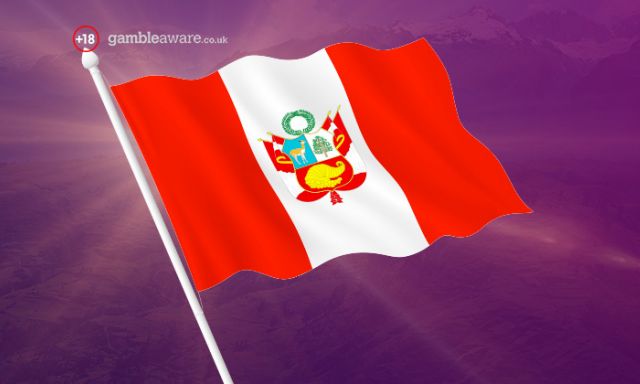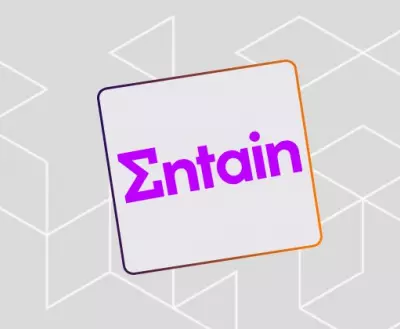As one of the great emerging corners of the globe for gambling operators, South America is currently witnessing a swathe of new gambling regulation and legislation. The latest to suggest a change is Peru, where regulators are eyeing up plans that would formalise the current setup, and bring online operators back home, with the requirement for a local license for Peruvian operators.
La Dirección General de Juegos de Casino y Máquinas Tragamonedas, the body responsible for overseeing offline gaming in Peru, is urging lawmakers to give the green light to regulations that would mandate online gambling operators to have a physical presence in Peru in order to reach out to local customers – a development that would, if enacted, seriously restrict competition within the market.
Manuel San Román Benavente, the body’s top dog, said that the organisation had been working in partnership with the Financial Intelligence Unit to draw up new rules to regulate casino gambling and sports betting, ready for the approval of lawmakers.
It’s worth noting that Benavente has form in this regard, having previously announced similar regulations would be published into law by July of this year – of course, this hasn’t happened. However, it speaks to a practice, similar to that taken by the government in Colombia, which would looks to create state monopolies, to the exclusion of external competition.
You can see why this type of process would be favoured by regulators, and creating regulated markets with domestic licenses is one way to ensure the tax receipts go where the regulators want them to. However, it comes at the expense of player choice, and forces formalising a situation where a number of players will be playing at previously tolerated operators, only to find themselves now operating with an illegal gambling operation.
Online gambling at the moment in Peru is something of a grey area – tolerated, although not legal or illegal under the country’s laws. Gaming machines aimed at children and greyhound racing are notable exceptions to the rule, and both are strictly outlawed in the country. However, by implication and practice, all other forms of gambling remain open to its citizens.
Colombia is the case study here, and it’s clearly the type of regulatory approach there that regulators in Peru are seeking to emulate. But there are a few problems, borne out by the difficulties the Colombian authorities have had in actually enforcing their new laws.
The initial strategy saw the Colombian state blocking non-licensed gambling operators at a domain level. Nice try – unfortunately, these methods have proved easy to circumvent for the willing, and left the regulator there scrambling for alternatives. Next up for consideration is the restriction of payment processors in handling gambling transactions from unofficial operators, although it remains to be seen whether this will prove any more effective.
It is understandable that governments who currently or previously had gambling positioned in the tolerated shadows want to bring the activity into the open – to tax and regulate, and to reinvest the money in public services. There are models here that work, and it’s commendable that these respective regulators are recognising their citizens’ freedoms to gamble in this way.
There is, however, a much larger problem. Online gambling is a global industry, and many operators are based offshore. Some are even comfortable offering their services to customers worldwide, irrespective of local gambling laws. This is regulating the unregulatable, and while the majority of operators are legitimate and comply with legal requirements, it is virtually impossible to police through traditional mechanisms.
The Peru approach would only seek to make life a little harder for their citizens. While it may go some way towards increasing gambling revenues for the state, it’s arguably better for regulators not to waste too much time pushing for a complete blackout that may not, and probably cannot, ever fully materialise.








